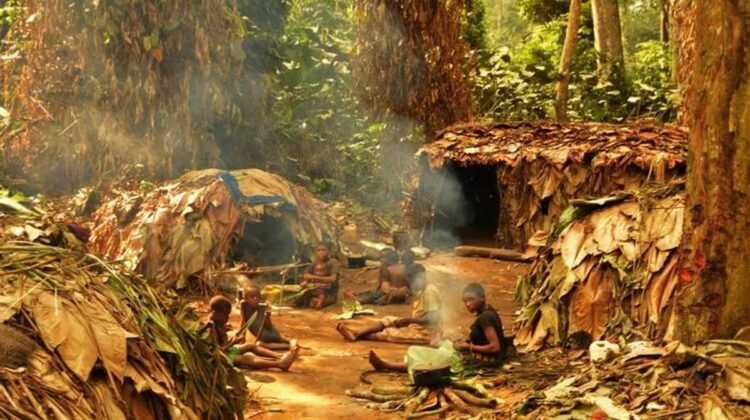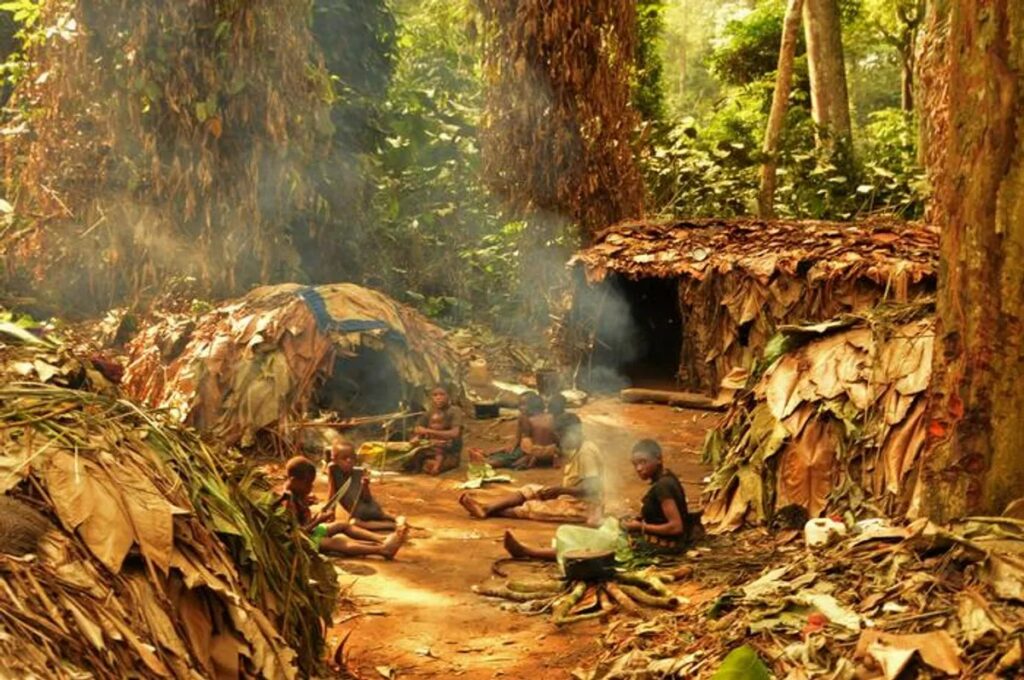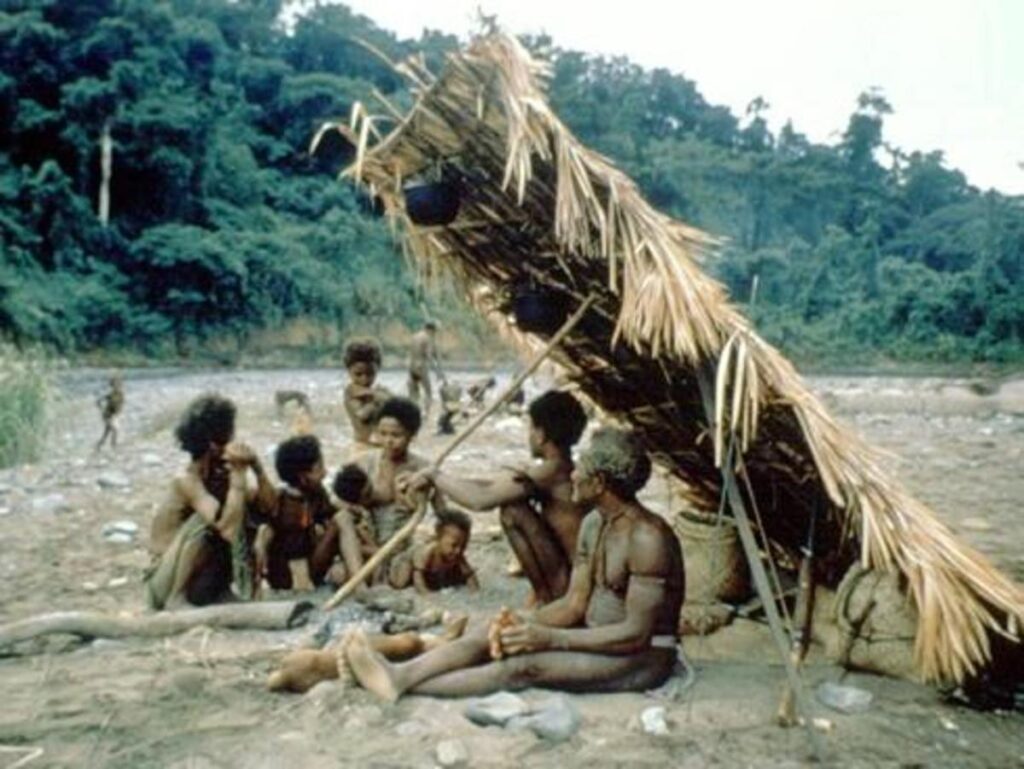
In Western societies, the traditional family structure comprises two parents and their children, a model that has persisted since the 1950s. This nuclear family concept, however, is now being scrutinized in light of recent research suggesting that the pressure on two parents may be incongruent with our evolutionary history.
Dr. Nikhil Chaudhary, an evolutionary anthropologist from the University of Cambridge, led a team of researchers in exploring the child-rearing practices of contemporary hunter-gatherer communities to shed light on alternative caregiving systems. Their study focused on the Mbendjele, a group of immediate-return hunter-gatherers residing in the northern rainforests of the Republic of Congo.

Immediate-return hunter-gatherers like the Mbendjele, who do not store food and maintain a highly mobile and egalitarian lifestyle, provide a unique lens through which to examine childcare practices. Chaudhary’s team discovered that these communities rely on a network of caregivers within multifamily camps to raise their infants and children.
The researchers observed 18 infants and toddlers (aged between zero and four) in the Mbendjele community, noting that each child received an average of nine hours of attentive care from approximately 10 different individuals, sometimes reaching up to 20 caregivers. When a child cried, a substantial number of people were ready to intervene, typically within a mere 25 seconds. Surprisingly, biological mothers were only required to intervene in half of the crying episodes, as older children and adolescents actively participated in caring for the younger members of the community.

It’s important to note that contemporary hunter-gatherers are not living relics of the past; rather, they represent modern human populations with subsistence modes that overlap with pre-Neolithic populations. Nevertheless, their social structures and approaches to childcare offer valuable insights into our broader evolutionary history.
In contrast to the prevalent Western model, where childcare responsibilities overwhelmingly fall on parents’ shoulders, the Mbendjele’s communal living arrangements challenge the notion of the nuclear family. The findings question whether the nuclear family, as we understand it today, is out of touch with the communal caregiving systems that characterized much of human history.

Dr. Chaudhary urges caution in drawing definitive conclusions, stating, “Many aspects of our psychology have evolved to be flexible rather than best suited to one specific way of life. The extent to which this is true for childrearing is still debated.”

Leave a Reply